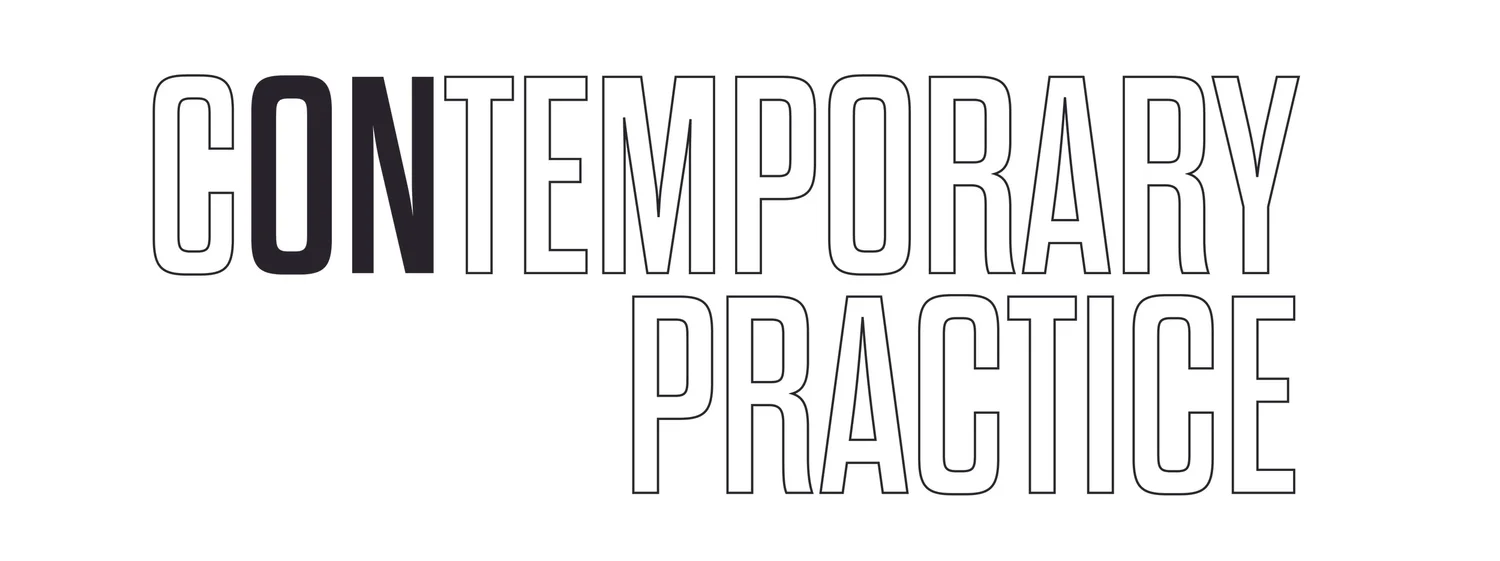ON Contemporary Practice PDF Archive Series
ON Contemporary Practice PDF Archive Series will continue to publish discursive, critical writings regarding one’s contemporaries. PDFs will be published henceforth on a semi-monthly basis and featured at ON’s website. With regards to submissions, ON’s editors seek work that:
—addresses the work (poetics, aesthetics, ethics) of one or more of your contemporaries;
—is involved in current conversations and discourse about poetry, art, performance, and other modes of cultural production;
—is critical and discursive, but which does not fall into the genre of ‘review’ or ‘academic article’ per se;
—is ‘essayistic’;
—is personal, generative, and passionate;
—is rooted in the reading of one’s contemporaries, peers, friends, and community;
—is not afraid to address a larger sociopolitical field or engage other disciplines;
—is leveling with regards to a wider field of cultural production (the old ‘high/low’ issue);
—is devoted to work that has been poorly attended or misunderstood.
Please submit your PDFs to oncontemporarypractice@gmail.com with the subject heading “PDF Archive submission” and a brief cover letter. We will reply to your emails as soon as we can and look forward to corresponding with you about your submission. For further ideas regarding submissions please check-out the PDF archive of issues 1 and 2 of the ON Contemporary Practice print journal at this website.
ON Contemporary Practice Monograph Series
In Fall 2013, ON Contemporary Practice will launch its new Monograph Series with the publication of Robert Kocik’s long-awaited volume of critical prose, manifestos, performance scores, and design plans: Supple Science: a Robert Kocik Primer. Henceforth, ON plans to publish an annual perfect-bound book by a contemporary writer or writers—collaborations and multi-authored texts are also welcome. With regards to submissions for the Monograph Series, we are looking for:
—sustained critical essays;
—collections of critical prose regarding emergent discourses in poetics, aesthetics, performance, and cultural production;
—works which don’t fit neatly into criteria for academic book publication;
—intense explorations of critical forms and modalities;
—works with a personal, intersubjective, and passionate perspective;
—works that move across generic, disciplinary, and cultural sites;
—engagement with submerged practices and aesthetic-historical content;
—clear and extensive engagement with the work of one’s peers, contemporaries, friends, and communities;
—work that does not draw clear distinctions between the aesthetic, political, and ethical.
